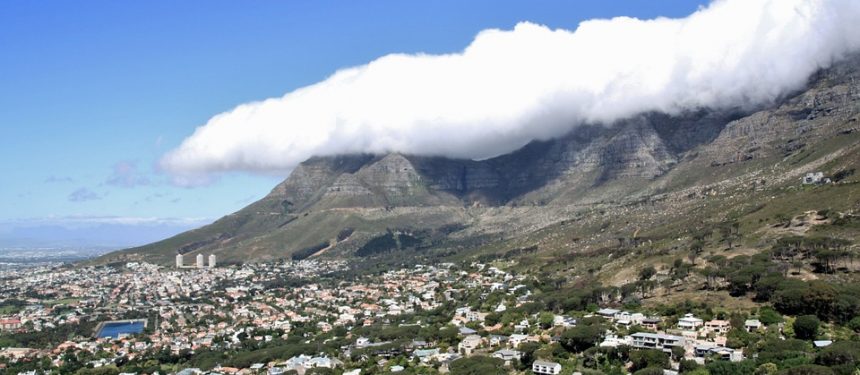After the double-digit growth rates which took the South African EFL sector out of its 2015 visa crisis, the market has slowed down in 2018, with a dip in student numbers only mitigated by a modest increase in student weeks.
News and business analysis for Professionals in International Education
Have some pie!
South Africa: EFL intake slowed down in 2018
 Cape Town had a water crisis last year. Photo: cocoparisienne/Pixabay
Cape Town had a water crisis last year. Photo: cocoparisienne/Pixabay
Since 2017, student numbers fell 5% while student weeks increased by the same amount.
The biggest decrease comes from Europe, which reported losses for both numbers and weeks, -26% and -17% respectively, with crucial market Germany down by 17%.
“I feel that South Africa…is finally on the map for English training”
According to EduSA CEO Ryan Peters, the dip in student numbers could be due to a different kind of crisis from the one EduSA had been battling in court: a water crisis, and its portrayal in the media.
Other parts of the world increased their market share, such as Brazil, the first source market for EduSA members, grew by 60%, and Saudi Arabia, the second source market, by 70%.
“There is a lot happening with Saudi Arabia and its relations to other nations, and this can redirect students [to South Africa],” Peters explained.
Although the market did slow down, newly-appointed Peters is optimistic for the future of South Africa as an EFL destination, a feeling backed by a number of positive developments over the past year.
The association has not only secured a major advocacy success in obtaining government recognition, but shifted gear by appointing a full-time CEO. And the first-ever ICEF Africa in Cape Town last year helped members secure new connections, Peters relayed.
“I feel that South Africa, and this is feedback from agents and general awareness, is finally on the map for English training,” he said.
“Students are asking for something different. They no longer want to go to the places they have been to, so South Africa has made it to the global map. And this is only the beginning of what’s coming.”
Still looking? Find by category:


